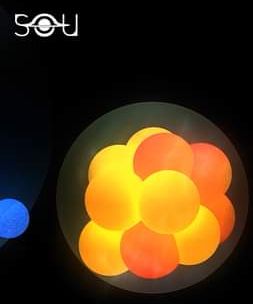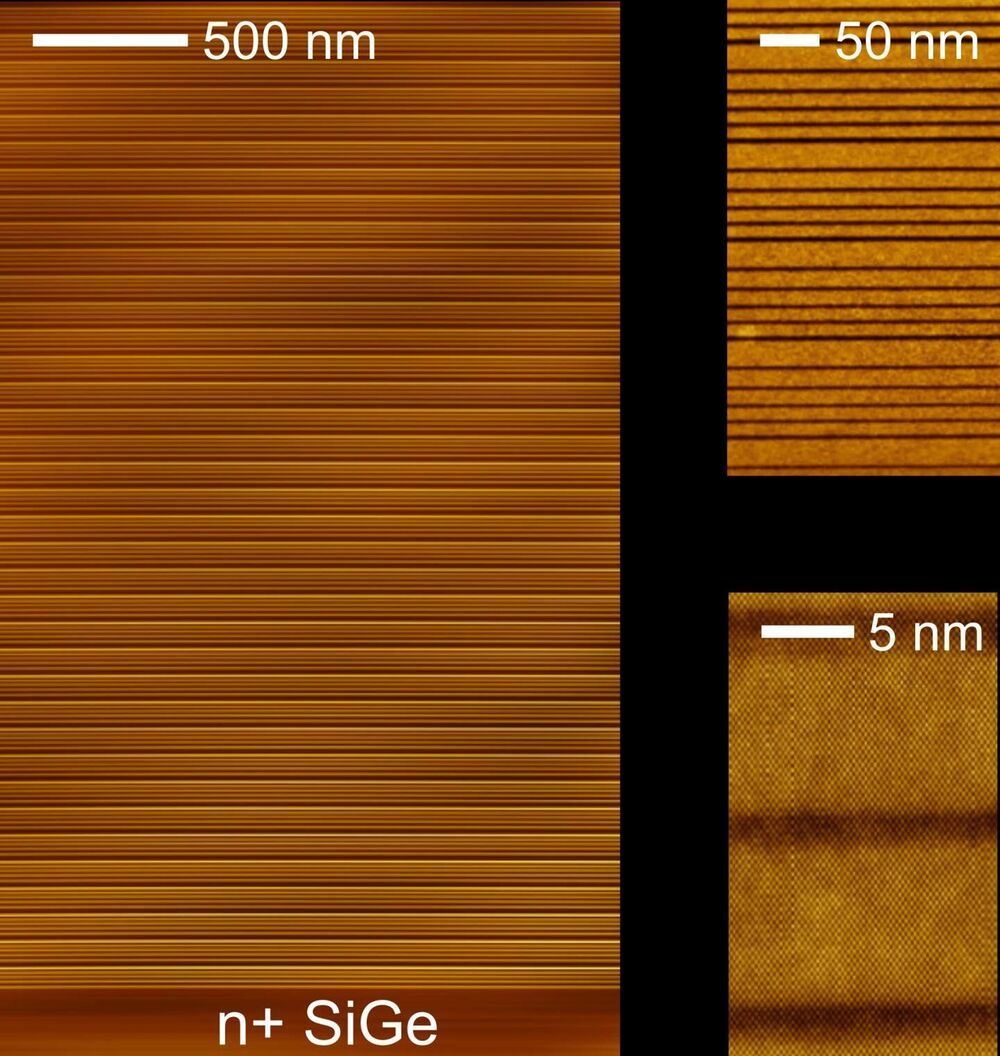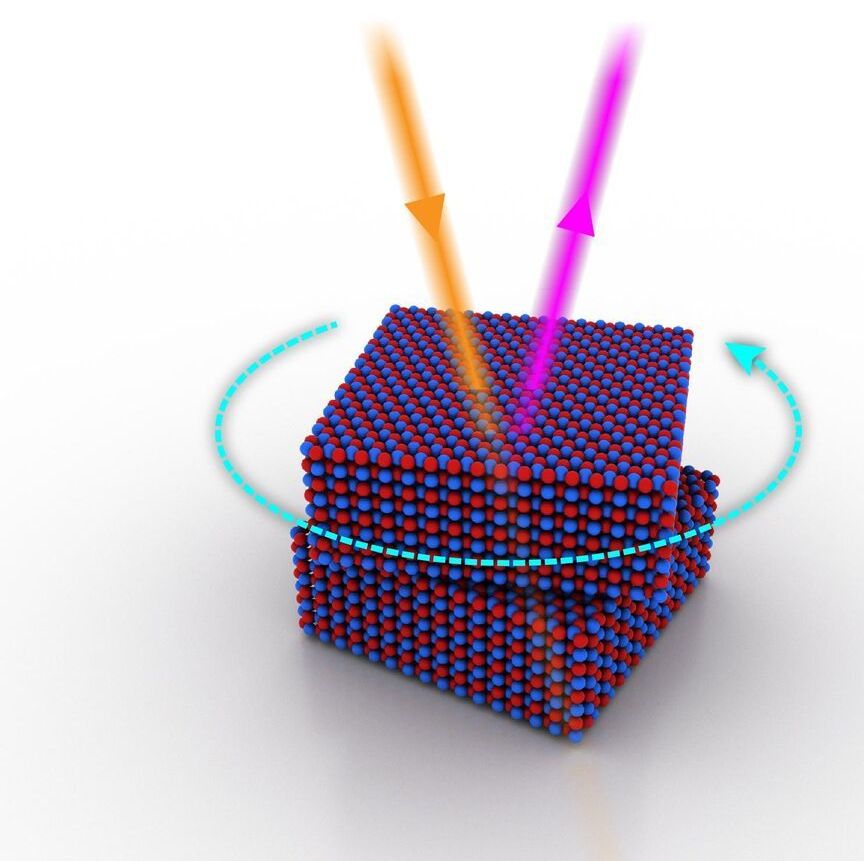P.e.a.c.e!nc. is proud to announce the conclusion as finalists in the $500k Pandemic Response Challenge sponsored by Cognizant with Landmark AI Experiment.
Category: quantum physics – Page 747




Physicists Measure the Gravitational Force between the Smallest Masses Yet
But Aspelmeyer and his colleagues could not declare victory quite yet: they still had to rule out the possibility that the source mass modulation was generating other forces on the test mass that would oscillate at precisely the same frequency. Periodic rocking of the table supporting the experimental apparatus, caused by recoil from the barely visible motion of the source mass, was just one of a host of confounders the researchers had to carefully quantify. In the end, they found that all known nongravitational forces would be at least 10 times smaller than the gravitational interaction.
Reaching toward Quantum Scales
Aspelmeyer believes that an improved torsion pendulum will be sensitive to gravity from masses 5000 times smaller still—lighter than a single eyelash. His ultimate goal is to experimentally test the quantum nature of gravity, a question that has perplexed physicists for nearly a century. Quantum mechanics is one of the most successful and precisely tested theories in all of science: it describes everything from the behavior of subatomic particles to the semiconductor physics that makes modern computing possible. But attempts to develop a quantum theory of gravity have repeatedly been stymied by contradictory and nonsensical predictions.


Honeywell Commercial Quantum Computer Hits 512 Quantum Volume
On track to hit the hundreds of thousands that they projected for 2025?
Honeywell has upgraded the commercial trapped ion quantum computer System Model H1 and achieved a quantum volume of 512. This is four times higher than when it was released in September 2020 with a quantum volume of 128. This is the highest measured on a commercial quantum computer to date. It is the third time in nine months Honeywell has set a record for quantum volume on one of its systems.

Key step reached toward long-sought goal of a silicon-based laser
When it comes to microelectronics, there is one chemical element like no other: silicon, the workhorse of the transistor technology that drives our information society. The countless electronic devices we use in everyday life are a testament to how today very high volumes of silicon-based components can be produced at very low cost. It seems natural, then, to use silicon also in other areas where the properties of semiconductors—as silicon is one—are exploited technologically, and to explore ways to integrate different functionalities. Of particular interest in this context are diode lasers, such as those employed in barcode scanners or laser pointers, which are typically based on gallium arsenide (GaAs). Unfortunately though, the physical processes that create light in GaAs do not work so well in silicon. It therefore remains an outstanding, and long-standing, goal to find an alternative route to realizing a ‘laser on silicon.’
Writing today in Applied Physics Letters, an international team led by Professors Giacomo Scalari and Jérôme Faist from the Institute for Quantum Electronics present an important step towards such a device. They report electroluminescence—electrical light generation—from a semiconductor structure based on silicon-germanium (SiGe), a material that is compatible with standard fabrication processes used for silicon devices. Moreover, the emission they observed is in the terahertz frequency band, which sits between those of microwave electronics and infrared optics, and is of high current interest with a view to a variety of applications.


Twistoptics: A New, Efficient Way to Control Optical Nonlinearity
Columbia researchers engineer first technique to exploit the tunable symmetry of 2D materials for nonlinear optical applications, including laser, optical spectroscopy, imaging, and metrology systems, as well as next-generation optical quantum information processing and computing.
Nonlinear optics, a study of how light interacts with matter, is critical to many photonic applications, from the green laser pointers we’re all familiar with to intense broadband (white) light sources for quantum photonics that enable optical quantum computing, super-resolution imaging, optical sensing and ranging, and more. Through nonlinear optics, researchers are discovering new ways to use light, from getting a closer look at ultrafast processes in physics, biology, and chemistry to enhancing communication and navigation, solar energy harvesting, medical testing, and cybersecurity.
Columbia Engineering researchers report that they developed a new, efficient way to modulate and enhance an important type of nonlinear optical process: optical second harmonic generation — where two input photons are combined in the material to produce one photon with twice the energy — from hexagonal boron nitride through micromechanical rotation and multilayer stacking. The study was published online on March 32021, by Science Advances.